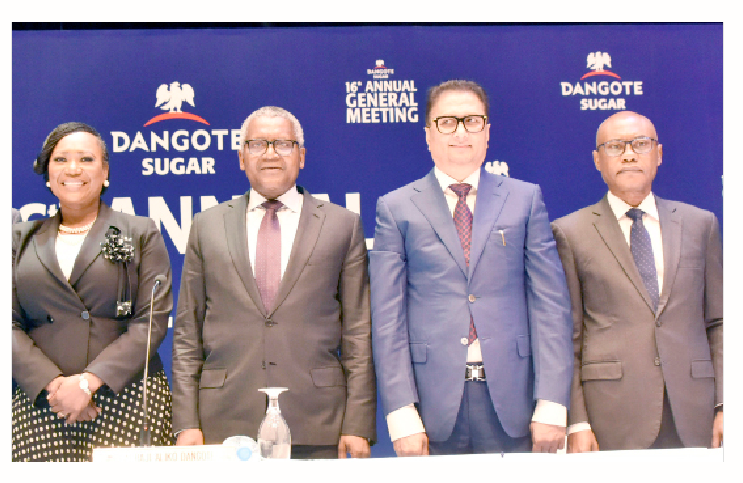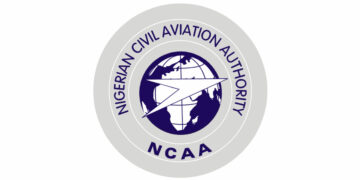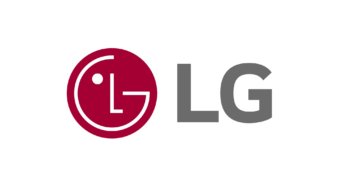Nigeria’s quest to attain self-sufficiency in sugar production remains Dangote Sugar Refinery Plc’s major priority.
The company is helping Nigeria towards self-sufficiency in sugar production by moving from importation and refining to creating new plantations with their own refining facilities, close to major centres of demand, with a target to produce 1.5 to 2.0 million tonnes of refined sugar annually by 2024 from over 150,000 hectares of locally grown sugar cane.
The Nigerian Sugar Master Plan of 2012 is the starting point for backward integration in the sector. The plan’s objective was to boost domestic production of sugar to attain self-sufficiency by 2020 and to contribute to the production of ethanol and the generation of electricity.
However, analysts noted that, supply chain bottlenecks across the various producing states have hindered government attempts to meet the 2020 targets, saying that another challenge stifling sugar output is the government’s poor protection of the local sugar industry.
Production of sugar in Nigeria has continually lagged domestic demand, and this creates a huge supply gap that is largely bridged with importation.
Speaking recently at its 16th annual general meeting (AGM) in Lagos, the chairman of the company, Aliko Dangote, said the goal of Dangote Sugar Backward Integration Projects Master plan remains the achievement of 1.5 million MT annually from locally grown sugarcane in support of the quest for sugar sufficiency in the country by the federal government of Nigeria.
He stated that this will be achieved in addition to the extended value chain benefits that will be derived from the projects including thousands of jobs that will be generated in the sector from these projects.
He noted that, “during the year 2021, we continued in the implementation of this strategic initiative despite the spill-over impact of the COVID-19 pandemic on economic activities which continued to affect the project performance and timelines.
According to Dangote, “efforts were made by all stakeholders to provide support that would help in cushioning these challenges during the period under review. Several teams from the supervising agencies and federal ministries took tours of our sugar backward integration sites, which helped them access and appreciate the volume of investments that have been made so far, the level of work done, progresses made and the challenges we are faced with in the project’s development.”
He however said: “in spite of the challenges faced in the year 2021, Dangote Sugar Numan Operations rehabilitation and expansion efforts of the factory and field are advancing. The community issues that came up were effectively managed, and we have continued to advance so far without any major disruptions. Our Stakeholder Management teams across the Group are leading our corporate efforts and relationship between the Company and host communities remains cordial.
“As a result, the factory upgrade to 3,800TCD completed in 2020, is now being upgraded with an additional 6,000TCD, which is at an advanced stage. This will bring the total installed factory capacity at the Numan operations to 9,800TCD in readiness for processing of sugarcane from the sugar estate farms that are being newly developed.”
He assured of the company’s commitment to the achievement of Sugar Backward integration projects, which is the future of the industry in Nigeria, saying this will keep us on our sustained growth path and we will continue to deliver and improve our quality service while delivering value to all stakeholders.
Also, the group managing director/chief executive officer of Dangote Sugar, Mr. Ravindra Singhvi said: “we remained ahead of the pack in implementation of the National Sugar backward Integration Development Master Plan.” He said achievement of the Dangote Sugar Master Plan remained paramount in our operations.
He explained that “steady progress is now being made as we continue the rehabilitation and expansion project at Dangote Sugar, Numan; and development activities at the Nasarawa Sugar Company Limited, Tunga. The board and management remain resolute and commitment to ensuring a sustainable future for our business with the Dangote Sugar Master Plan.”
Singhvi added that the implementation of the sugar projects initiatives continue at a high tempo despite the challenges the company face, ranging from the inability to access the land acquired for the sugar projects, community unrests and the aftermath of the COVID-19 pandemic negative impact on the economic activities.
He also said: “we recorded some wins with the peaceful resolution of most issues with the communities and the continued positive engagement with the States and Communities stakeholders that are evident in the successes being recorded at the project sites. We remain confident that the backward integration programme will deliver huge benefits and positive impacts on the country’s economic land scape.”
Dangote Sugar Refinery, the largest sugar refinery in sub-Saharan Africa and one of the largest in the world, with an installed sugar refining capacity of 1.44 MT/PA at the same location. Dangote Sugar currently has three subsidiaries, Nasarawa Sugar Company Limited, Dangote Taraba Sugar Limited and Dangote Adamawa Sugar Limited.





